The Link Between Hurricanes And Coral Reefs
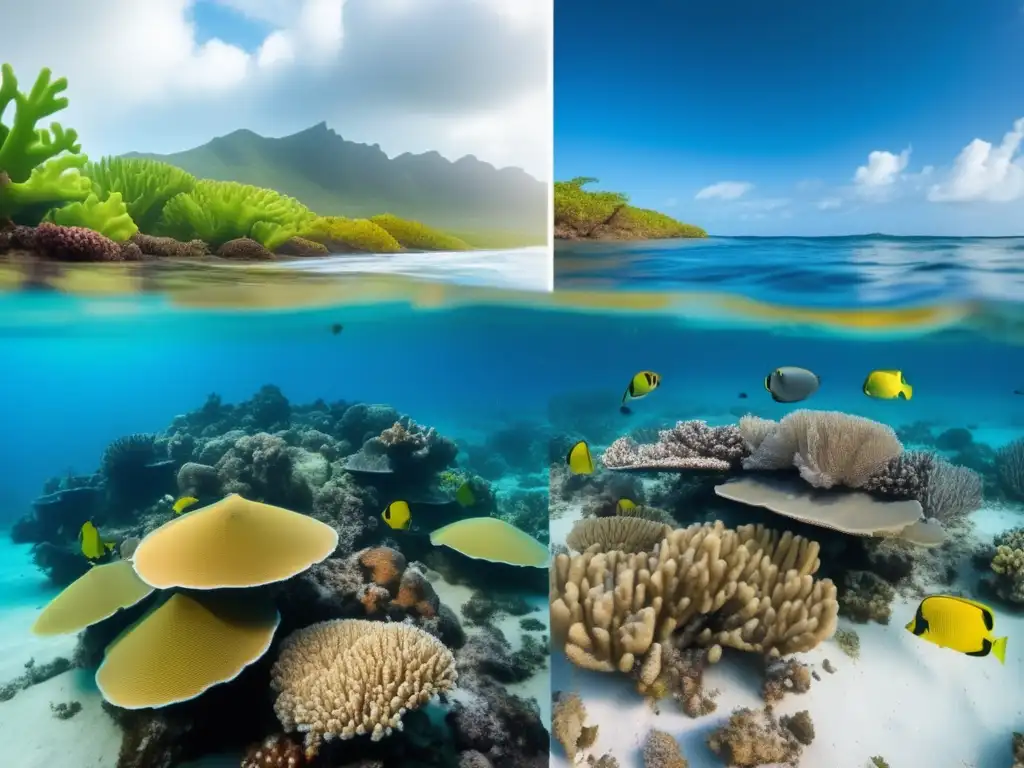
The Link Between Hurricanes and Coral Reefs
Introduction
Hurricanes are dangerous natural disasters that can cause significant physical, economic, and emotional damage. These storms are characterized by strong winds, heavy rainfall, and flooding, which can impact cities, towns, and coastal areas. While the effects of hurricanes on humans are well-known, the impact of these storms on marine ecosystems, in particular, coral reefs, is often overlooked. Coral reefs are critical habitats that support a diverse range of marine life, including fish, turtles, and sharks. In this article, we will explore the link between hurricanes and coral reefs, including the potential threats posed by these storms and steps that can be taken to mitigate their impact.
The Importance of Coral Reefs
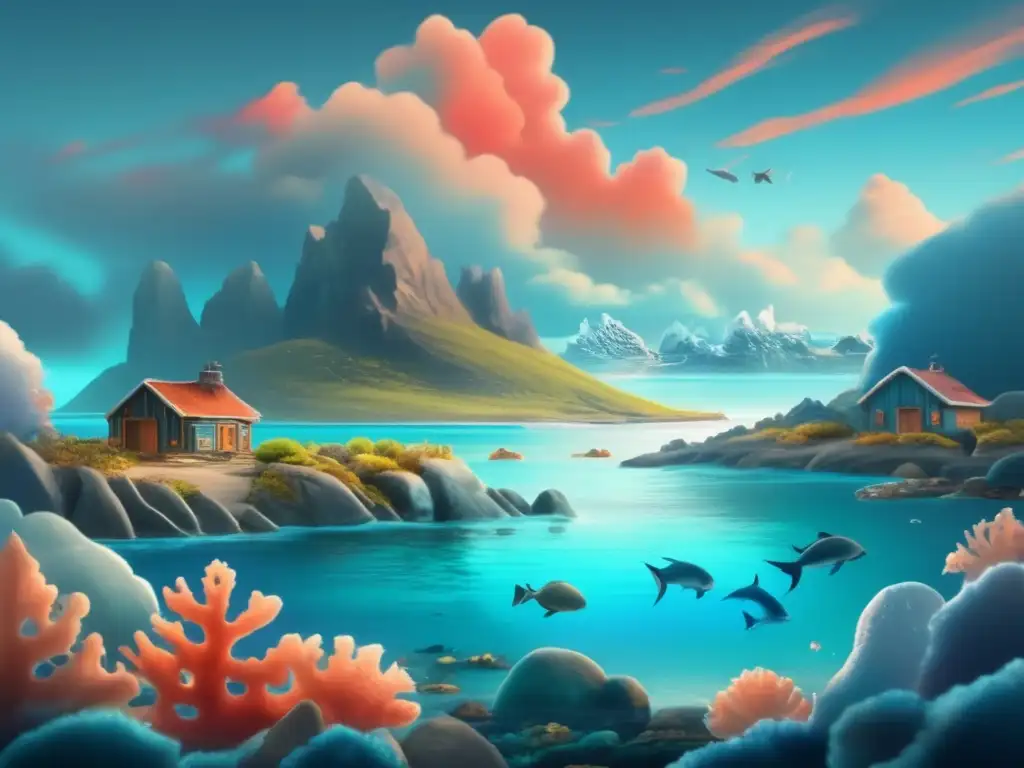
Coral reefs are some of the most biologically diverse ecosystems in the world, supporting approximately 25% of all marine life despite covering only 0.1% of the ocean floor. These habitats are made up of living organisms called polyps, which secrete calcium carbonate to form hard, rocky structures that provide shelter and food for a wide range of marine species. Coral reefs also act as natural barriers against storm surges and shoreline erosion, protecting coastal communities from the devastating impacts of hurricanes.
The Threat of Hurricanes to Coral Reefs
While coral reefs provide natural protection against hurricanes, these storms can have a significant impact on the health and sustainability of these ecosystems. The strong winds and waves associated with hurricanes can physically damage coral reefs, breaking off chunks of coral and causing them to wash ashore. This damage can disrupt the delicate balance of coral reef ecosystems, harming the polyps and other organisms that depend on them for survival.
Heavy rainfall during hurricanes can also pose a threat to coral reefs. When rainwater runs off the land into the sea, it can carry pollutants such as fertilizers and pesticides, which can cause damage to coral tissue and increase the risk of disease outbreaks. The sedimentation that accompanies heavy rainfall can also smother corals and block out light, preventing photosynthesis and further adding to the damage.
The Role of Climate Change
The impact of hurricanes on coral reefs is exacerbated by climate change, which is causing rising sea temperatures and increasing the frequency and intensity of storms. As sea temperatures rise, coral reefs are becoming more susceptible to coral bleaching, a process in which corals expel their symbiotic algae and turn white. This loss of color is a sign of stress and can lead to the death of the coral if the algae do not return.
Climate change is also causing ocean acidification, a process in which carbon dioxide from the atmosphere dissolves in seawater, lowering the pH and making it more acidic. Acidic water can make it harder for corals to build their calcium carbonate skeletons, making them weaker and more susceptible to damage from storms.
The Importance of Mitigating the Impact of Hurricanes on Coral Reefs
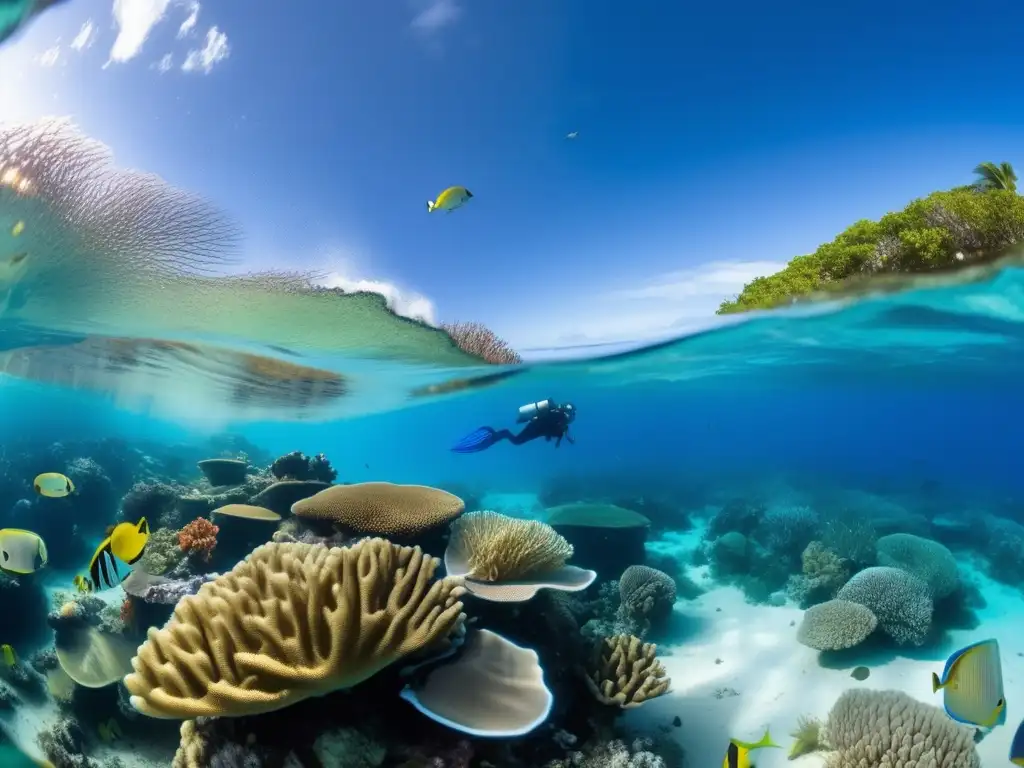
Given the critical role that coral reefs play in supporting marine life and protecting coastal communities, it is essential to take steps to mitigate the impact of hurricanes on these ecosystems. Here are some strategies that can be used to protect coral reefs during and after hurricanes:
Monitoring and Early Warning Systems
One way to protect coral reefs is to develop monitoring and early warning systems that can detect changes in water quality and temperature before a hurricane hits. This information can be used to create emergency plans that can help protect sensitive coastal areas and coral reefs. For example, if high nutrient levels or sedimentation are detected, plans can be put in place to reduce runoff from land and protect fragile coral reef habitats.
Reef Restoration and Management
Another strategy for protecting coral reefs is to undertake restoration and management activities that can improve the health and diversity of these ecosystems. This can include planting new corals, removing invasive species, and reducing the impact of human activities such as fishing and tourism. By improving the health and resilience of coral reefs, we can help these ecosystems withstand the impact of hurricanes and other natural disasters.
Reducing Greenhouse Gas Emissions
Finally, mitigating the impact of hurricanes on coral reefs requires addressing the root cause of climate change: greenhouse gas emissions. By reducing our reliance on fossil fuels and transitioning to renewable energy sources, we can slow down the rate of global warming and reduce the frequency and intensity of hurricanes. This will not only protect coral reefs but also safeguard the health and wellbeing of communities around the world.
Frequently Asked Questions
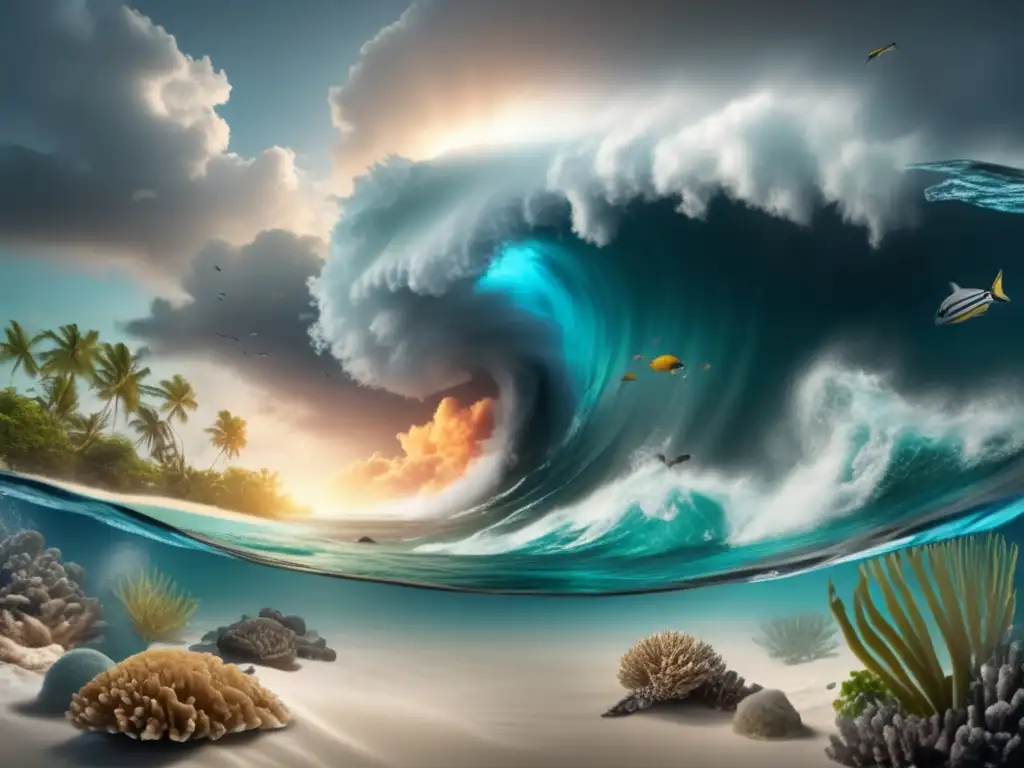
-
What can be done to protect coral reefs during a hurricane?
Developing monitoring and early warning systems and undertaking reef restoration and management activities can help protect coral reefs during a hurricane.
-
Why are coral reefs important?
Coral reefs are biologically diverse ecosystems that provide shelter and food for a wide range of marine species while also protecting coastal communities from storm surges and erosion.
-
What is coral bleaching?
Coral bleaching occurs when corals expel their symbiotic algae and turn white due to stress, which can lead to the death of the coral if the algae do not return.
-
How does climate change affect coral reefs?
Climate change is causing rising sea temperatures and ocean acidification, which make coral reefs more susceptible to damage from storms and other stressors.
-
What is ocean acidification?
Ocean acidification is a process in which carbon dioxide from the atmosphere dissolves in seawater, lowering the pH and making it more acidic. This can make it harder for corals to build their calcium carbonate skeletons, making them weaker and more susceptible to damage from storms.
Conclusion
Coral reefs are a critical part of our planet's ecosystem, supporting marine life and protecting coastal communities from the devastating impacts of hurricanes. However, the impact of climate change and the increasing frequency and intensity of hurricanes mean that coral reefs are under threat. By monitoring and early warning systems, undertaking restoration and management activities, and reducing greenhouse gas emissions, we can protect these vital ecosystems and safeguard the health and wellbeing of our planet's inhabitants.
We encourage readers to share their thoughts on how we can protect coral reefs during and after hurricanes in the comments section below. Thank you for your attention and interest in hurricaneinsider.org.
Additional Resources
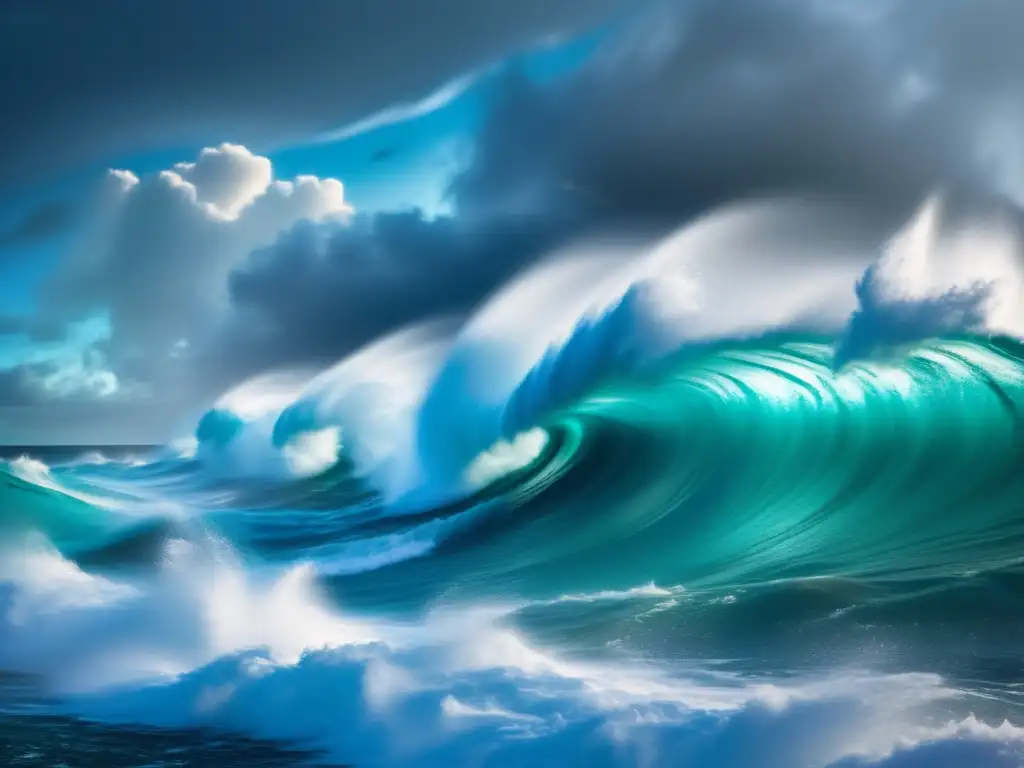
- NOAA Coral Reef Conservation Program: https://www.coralreef.noaa.gov/
- Coral Reef Alliance: https://coral.org/
- The Nature Conservancy: https://www.nature.org/en-us/about-us/where-we-work/united-states/florida/stories-in-florida/the-coral-reefs-of-florida/
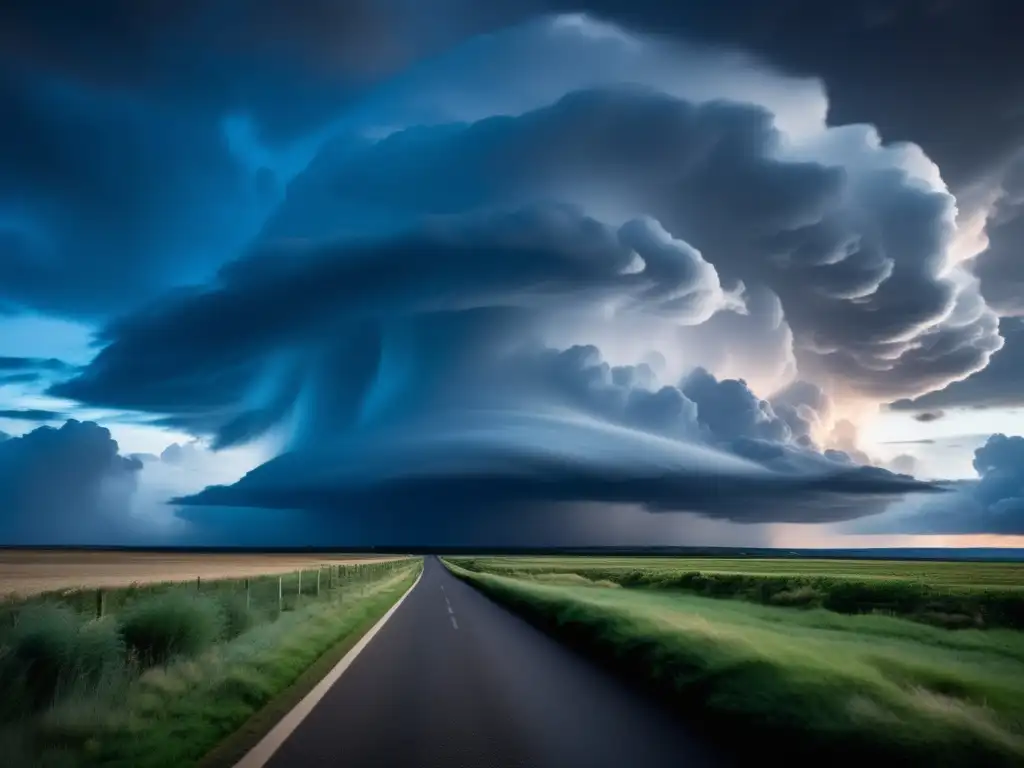 Storm Clouds: Understanding The Cloud Formations In Hurricanes
Storm Clouds: Understanding The Cloud Formations In Hurricanes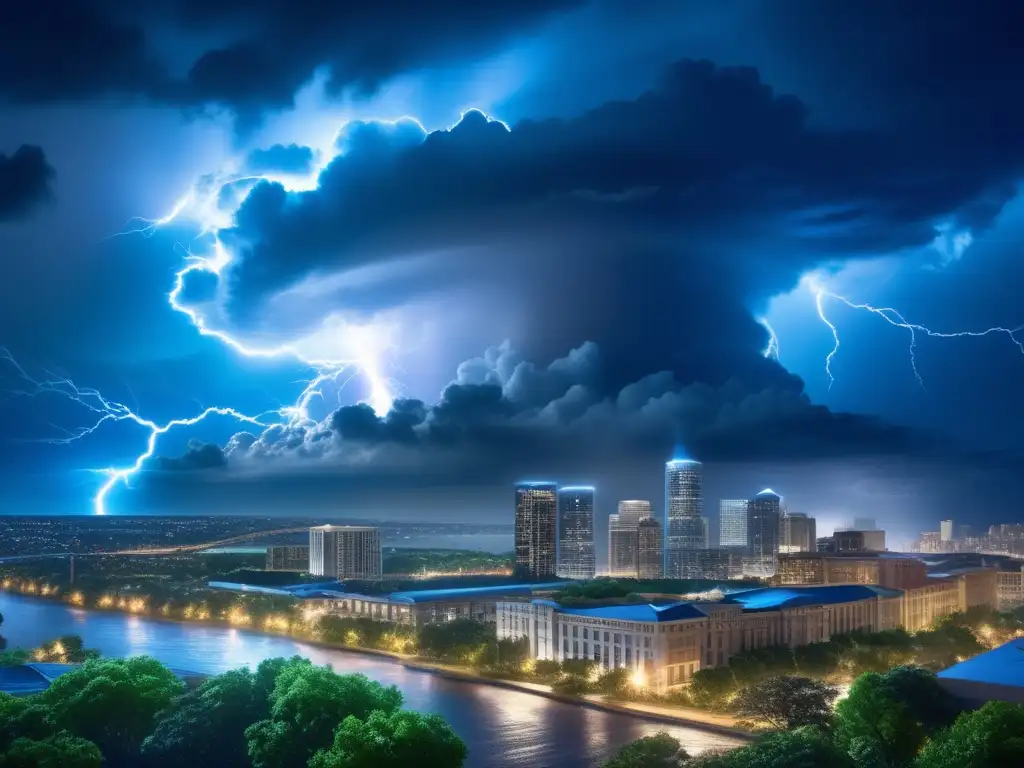 How Hurricanes Changed The Course Of History
How Hurricanes Changed The Course Of History The Human Toll: Life And Loss In Hurricane-Stricken Areas
The Human Toll: Life And Loss In Hurricane-Stricken AreasIf you want to discover more articles similar to The Link Between Hurricanes And Coral Reefs, you can visit the Basic knowledge about hurricanes: category.
Leave a Reply

Articulos relacionados: